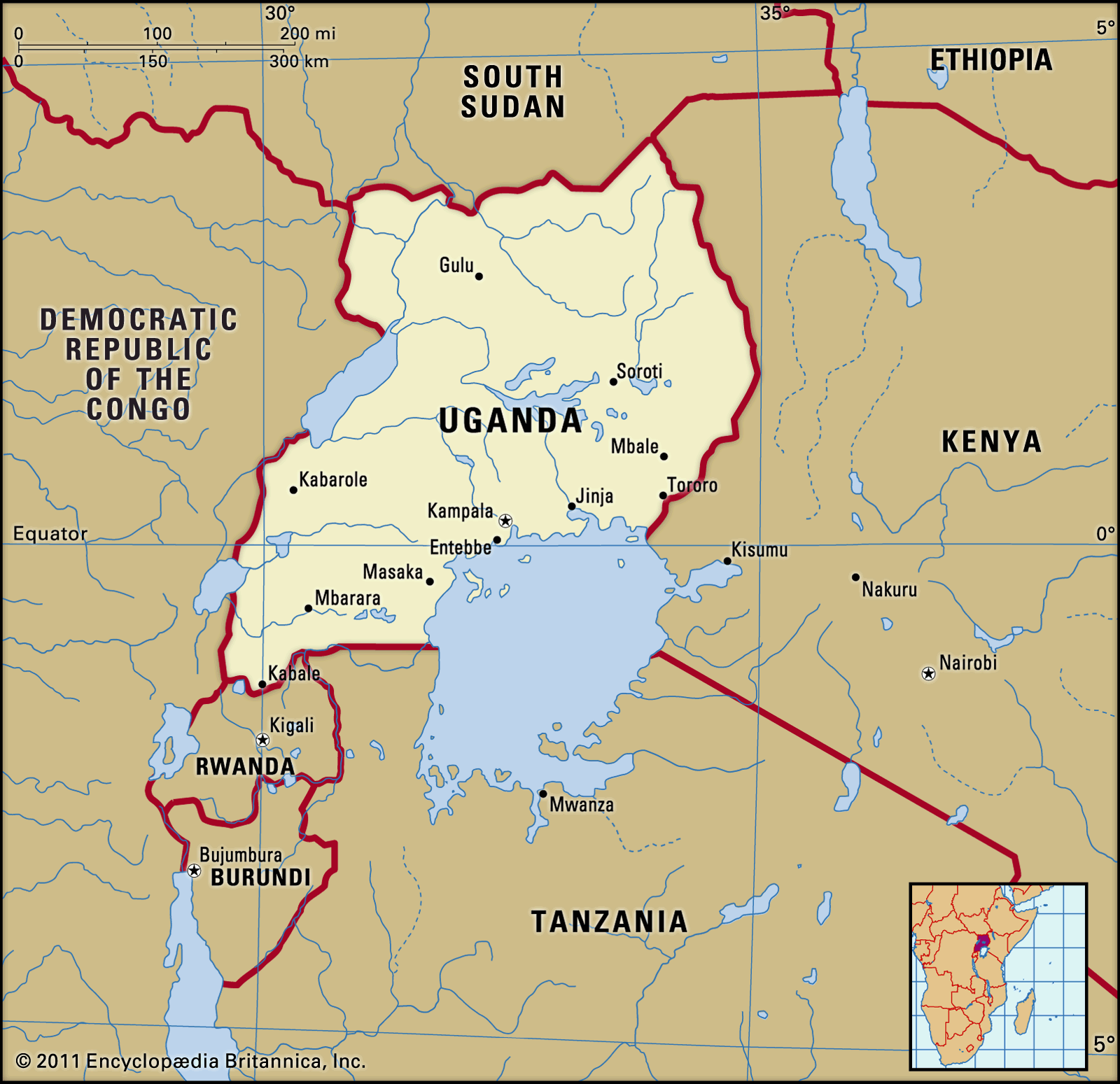Building a Future of Possibility
Our mission is to empower families trapped in generational poverty by providing education, support, and spiritual nourishment.
Why Nebo
Inspired from the biblical story of Moses ascending Mount Nebo, gazing across the horizon toward a Promised Land filled with hope, possibility, and renewal.
This powerful imagery fuels our commitment and vision to enact transformation akin to Moses' revelation in the Bible from Mount Nebo, instilling renewed hope in families who have faced the depths of adversity, focusing and valuing the family unit as the catalyst for positive change in community. We firmly believe that every family should be afforded the opportunity to live a happy life and pursue a prosperous future.
Vision Statement:
We envision a future where every family in Uganda can rise above the depths of poverty, equipped with the tools to lead dignified, prosperous lives.
Through quality education, vocational training, economic stability, and spiritual growth, we aim to break the generational cycle of hardship. We believe the family unit is the cornerstone of community, and by supporting families, we foster lasting, sustainable change.
UK Registration
UK Registered Charity (SC036264) headquartered in Norfolk, Great Yarmouth
Operational area
Our current operations are based in Uganda, beginning in the central region around Kampala and its surrounding cities, and gradually expanding outwards to other parts of the country.
Affiliated with the Nebo Educational Initiative, locally in the process of registering as a Non-Governmental Organisation (NGO) in Uganda, ensuring proper regulation of our activities and strengthening trust within the families we support.
How we bring it all together
We are Collaborating with an amazing team of volunteers dedicated to making a positive impact in the lives of others.
Nebo Educational Initiative has an established board of trustees in Uganda. Their role is to oversee and monitor daily activities, aligning with the decisions made by the Nebo Project board of trustees.
Our goal is to minimise human resource costs while ensuring that maximum donations are targeted toward families in desperate need.
About Uganda

- Capital: Kampala
- Total size: 241,038 sq km
- Population: Nearly 48 million (2023 est)
- Ethnic groups: At least 9
- Religion: Several but mostly Christianity
- Official Language: English with Luganda most widely spoken in the Congo-Niger Region
- Economy: low-income, primarily agrarian East African economy. Distribution of income remains significantly skewed according to Oxfam with the richest 10% population receiving 35.7% of the national income, while the poorest 10% and 20% receiving 2.5% and 5.8% respectively.
- The Multidimensional Child Poverty Report (UBOS, 2024) provides key insights into child poverty in Uganda, highlighting both monetary and multidimensional deprivation. Here are the main points relevant to The Nebo Project’s mission:
High Child Poverty Rates: Nearly half of Ugandan children experience multidimensional poverty, facing deprivation in essential needs such as education, healthcare, and nutrition.
Monetary Poverty: Around 23% of children live in households below the national poverty line, with higher rates in families with multiple children.
Key Deprivations: Many children lack access to three meals a day, proper clothing, and adequate shelter, reinforcing cycles of hardship.
Impact of Large Families: Households with three or more children experience significantly higher poverty rates, making family-focused interventions crucial.
Regional Disparities: Poverty levels vary across Uganda, with some regions experiencing severe deprivation, requiring targeted support.
Education & Health Challenges: Limited access to quality education and healthcare exacerbates child poverty, restricting opportunities for long-term improvement.
These findings reinforce The Nebo Project’s commitment to empowering families, providing education, and breaking the cycle of generational poverty.
Uganda's Vision 2040 aims to transform the country from a low-income, peasant economy into a modern, prosperous nation within 30 years. The strategy focuses on strengthening economic fundamentals and harnessing opportunities in education, infrastructure, agriculture, and social development to eradicate poverty and improve livelihoods.
Key 2040 Poverty Goals:
Eliminating extreme poverty through sustainable economic growth.
Expanding access to quality education to equip citizens with skills for employment.
Enhancing healthcare and social services to improve well-being.
Strengthening infrastructure to support economic development.
Promoting industrialization and job creation to reduce dependency on subsistence farming.
How The Nebo Project Aligns with Vision 2040:
The Nebo Project’s mission directly supports Uganda’s poverty eradication goals by:
Empowering families through education and economic opportunities, reducing generational poverty.
Providing access to quality education for disadvantaged children, aligning with national education expansion efforts.
Strengthening family structures to create a stable foundation for long-term development.
Encouraging self-sufficiency through income-generating projects, supporting Uganda’s vision for economic independence.
Fostering spiritual and emotional well-being, ensuring holistic development beyond financial stability.
By working within the framework of Vision 2040, The Nebo Project contributes to Uganda’s long-term goal of sustainable poverty reduction and national prosperity.